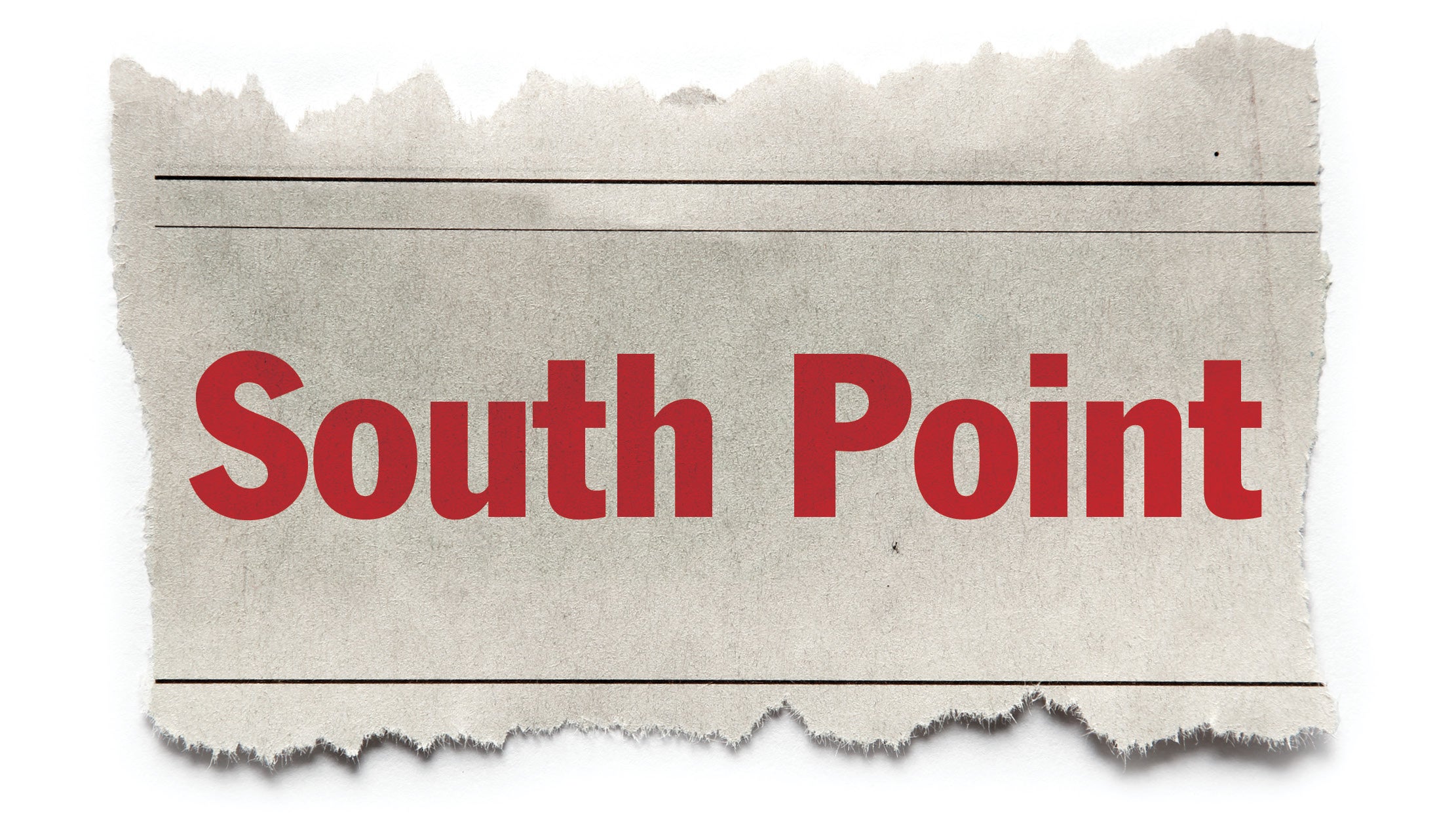Opioid suits: How to divide any settlement
Published 4:54 pm Tuesday, July 30, 2019
The roughly 2,000 state and local governments suing the drug industry over the deadly opioid crisis have yet to see any verdicts or reach any big national settlements but are already tussling with each other over how to divide any money they collect.
The reason: Some of them want to avoid what happened 20 years ago, when states agreed to a giant settlement with the tobacco industry and used most of the cash on projects that had little to do with smoking’s toll.
“If we don’t use dollars recovered from these opioid lawsuits to end the opioid epidemic, shame on us,” Kentucky Attorney General Andy Beshear said.
Overdoses from opioids, which include prescription painkillers and illegal drugs like heroin, have surpassed automobile crashes in recent years as the biggest cause of accidental deaths in the U.S., accounting for the loss of more than 400,000 lives since 2000.
An Associated Press analysis found that by 2011 and 2012, the industry was shipping enough prescription opioids to give every man, woman and child in the U.S. nearly a 20-day supply each year.
In their lawsuits, the governments contend the brand-name manufacturers fraudulently downplayed the addiction risks of the powerful painkillers while encouraging doctors to prescribe their patients more drugs and at higher doses. They also argue that drugmakers and distributors failed to stop suspiciously large shipments. The defendants dispute the allegations.
In the late 1990s, attorneys general for all 50 states reached colossal settlements under which tobacco companies would pay them forever. A tally by the Campaign for Tobacco-Free Kids found states have received more than $161 billion so far.
But some of the money has gone toward such things as roads, bridges or teacher pensions. Some of the money went into states’ general fund accounts, available for all sorts of uses.
“Most states have used their settlement recoveries, which are massive, for everything but the problem that gave rise to the litigation,” said Doug Blake, a former Minnesota assistant attorney general who worked on the state’s tobacco settlement.




